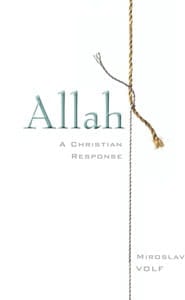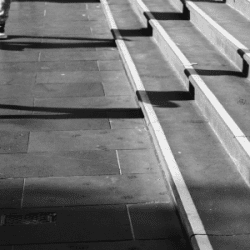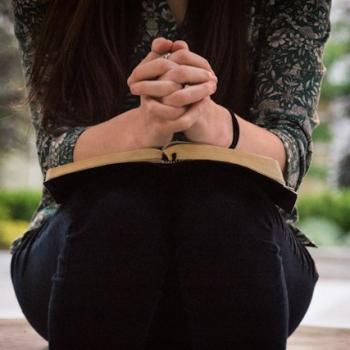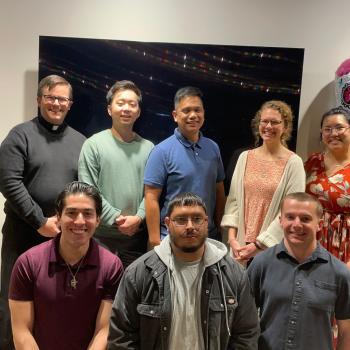 The subtitle of Miroslav Volf's Allah is the first and best clue to his approach to his subject: A Christian Response. Volf's book is a pastoral guide to Islam's God, a work advocating a response to Islam different from the one some Christians have modeled in the public square. Volf, a Yale University theologian and author of the modern classic Exclusion and Embrace, has long been noted for his personal approach to theology, especially to the problem of suffering and religious and cultural strife. Here, he draws on his studies of conflict to chart a new—yet not historically unprecedented—course for interreligious civic life.
The subtitle of Miroslav Volf's Allah is the first and best clue to his approach to his subject: A Christian Response. Volf's book is a pastoral guide to Islam's God, a work advocating a response to Islam different from the one some Christians have modeled in the public square. Volf, a Yale University theologian and author of the modern classic Exclusion and Embrace, has long been noted for his personal approach to theology, especially to the problem of suffering and religious and cultural strife. Here, he draws on his studies of conflict to chart a new—yet not historically unprecedented—course for interreligious civic life.
I asked Volf about his work on Allah and the tense public relationship between Christianity and Islam.
You say you're writing to your fellow Christians first and foremost. What do you want your fellow believers to know about Islam?
At the height of the Cold War, when the communist East and the capitalist West were growling at each other ominously, my teacher in Germany, Jürgen Moltmann, used to say that we need to remind ourselves that in Moscow people cook their soup with water, just as we do in Bonn or Washington. Soups are different: ideological differences are real, and they matter. But water is the same: commonalities are undeniable and important.
That's also what I want my fellow Christians to know about the relationship between Christianity and Islam. Today, the fundamental political and cultural question (as distinct from a very important "salvation" question) is whether Muslims and Christians inhabit the same moral universe so that they can negotiate successfully their significant and abiding differences and live in peace under the same roof. "Under the same roof" is the crucial phrase, for in many parts of the world Muslims and Christians live in the same political houses. If Muslims and Christians cannot meaningfully engage each other on a moral plane, they will fight. That's at the heart of my exploration in Allah—a book of political theology—of the question of whether Muslims and Christians worship the same God. Given that moral qualities are inseparable from God's being, if God is the same, the moral universe will be the same; if Gods are incompatible, two moral universes exist.
How would you grade the Christian response to Islam in the years since 9/11?
There are A+s, there are Cs, and there are Fs. Guided by the conviction that both truth and love matter and that violence is unworthy of Christians, some Christians have responded exceptionally well. Rowan Williams, Archbishop of Canterbury, is a good example. So is Rick Warren. So are many thoughtful, generous, and deeply committed Christians.
At the same time, many Christians have responded with aggression. At their extreme, their slogan is: "Everything I needed to know about Islam and Muslims I have learned on 9/11," and they, sorry followers of Christ, carry guns to churches to protect themselves from Muslims. Such a view of Islam and Muslims is simply untrue, and every untruth is a form of injustice. All Muslims are not terrorists; and all terrorists are not Muslims.
Even worse, the description of Islam as "a terrorist religion" feeds hatred and inspires violence toward Muslims, the very opposite of what Christians are called to do not just in regard to neighbors, but also enemies. Now, there are Muslims whose method is violence, even violence against the innocent. But as we have witnessed recently in Norway, there are such Christians as well.
Christians who get Cs and Fs for responding to Islam consider a Muslim terrorist to be the embodiment of Islam, while they think a Christian terrorist is an aberration of Christianity. Lest I be misunderstood: I am not suggesting that Muslims' response to Christians has been better than Christians' response to Muslims. But Christians should not mirror Muslims' worst response, but act out of the authentic character of their faith.
In earlier work, you've discussed the need for victims to repent, particularly in a context of social and cultural conflict. Think of the recent anti-mosque campaigns and concerns about "creeping sharia"—would you say that these "acts of exclusion," to use your language, emanate from a failure to repent?





